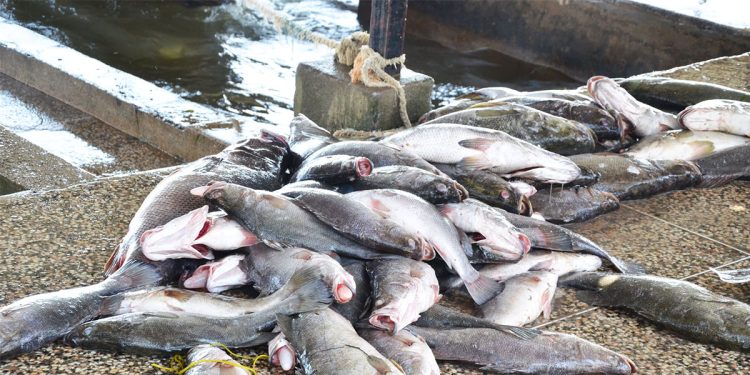In a groundbreaking move aimed at transforming its aquaculture industry, Uganda is set to conduct its first-ever National Aquaculture Census in May 2025. The initiative is being led by the Uganda Bureau of Statistics (UBOS), in close collaboration with the Ministry of Agriculture, Animal Industry and Fisheries (MAAIF).
Operating under the theme “Leaving No Aquaculture Farm Behind,” the census will cover all parts of the country where aquaculture activities are practiced. These include regions such as Acholi, Central, East Central, Elgon, Karamoja, Lango, South Western, Teso, West Nile, and Western Uganda.
According to UBOS, the census will involve comprehensive visits to all aquaculture farms—both household and commercial—across Uganda’s towns, municipalities, and rural areas. Enumerators will gather detailed data on the number and size of fish farms, production levels, aquaculture technologies, types of systems used, as well as the socio-economic profiles of fish farmers.
“This exercise is designed to give us a clear and complete picture of the aquaculture sector in Uganda,” a UBOS official noted. “With accurate data, we can develop policies that directly address the challenges and opportunities in fish farming.”
The census also aims to assess the environmental impact of aquaculture practices across the country, an increasingly important factor as Uganda seeks sustainable solutions to food production.
Officials believe the data will not only guide government planning and investment but also attract local and foreign investors seeking reliable information on Uganda’s growing aquaculture sector. It is expected to play a pivotal role in the country’s wider strategy for agricultural modernization and job creation.
Uganda’s aquaculture sector has grown steadily over the past decade, contributing significantly to food security and household incomes. However, until now, the industry has lacked reliable and up-to-date data to guide effective policy and investment.
With this first national census, Uganda is positioning itself to become a regional leader in aquaculture development, using evidence-based strategies to build a resilient and profitable fish farming sector.





